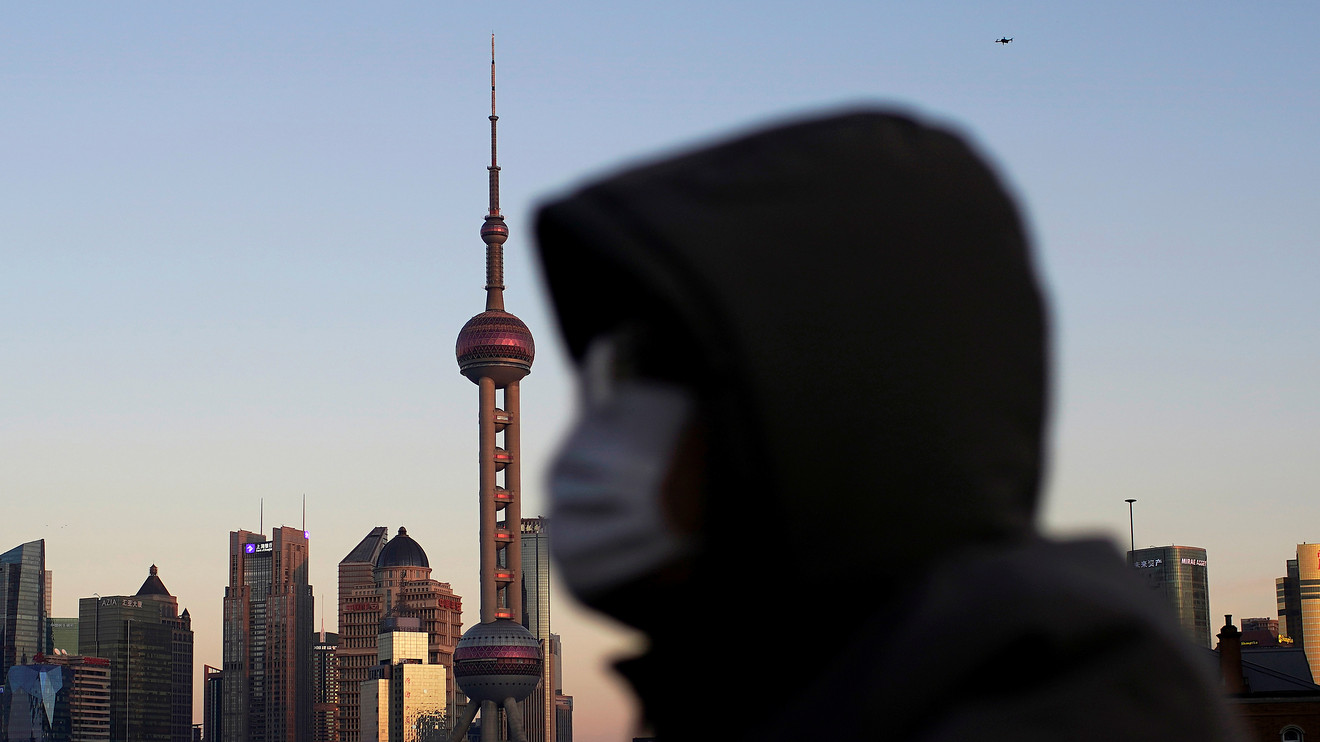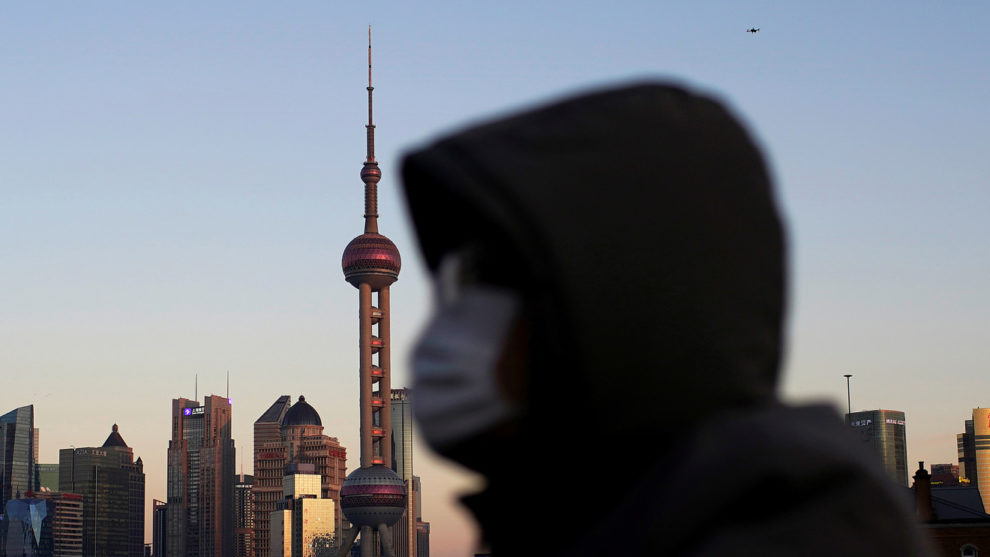
Markets in mainland China plunged early Monday, on their first day of trading since an extended Lunar New Year holiday that coincided with the rapid spread of the coronavirus outbreak.
Global markets have fallen in recent weeks and China had braced itself for steep losses, with the People’s Bank of China announcing Sunday it would inject about $173 billion into the economy to cushion the expected blow, along with other measures to stabilize the economy.
The Shanghai Composite SHCOMP, -8.15% initially plummeted nearly 9%, as did the smaller-cap Shenzhen Composite 399106, -8.31% , though both recovered slightly as trading went on. Mainland Chinese equity markets had been closed since Jan. 24.
Around Asia, early losses were tempered after China’s losses, while steep, were not as bad as some had feared — there had been speculation Chinese stocks would fall 10% or more. Japan’s Nikkei NIK, -0.96% and South Korea’s Kospi 180721, -0.15% fell, along with benchmark indexes in Taiwan Y9999, -1.55% , Singapore STI, -1.03% and Australia XJO, -1.19% . Hong Kong’s Hang Seng Index HSI, +0.05% opened lower but turned positive, as investors apparently approved of the PBoC’s measures.
“It has been an orderly start to trading in China’s market thanks to the calming liquidity injections offered up by the PBoC, which are tempering the market’s most immediate concerns, the fear of a crash at the open,” Stephen Innes, chief market strategist at AxiCorp, wrote in a note Sunday. “Indeed, money speaks louder than words when it comes to China’s armies of retail stock traders.”
Still, “It’s not the earthquake at the open but rather the aftershocks that will drive risk sentiment on Monday,” Innes wrote. “Honestly, I have no idea where the market is going to end up this week, but I think market conditions will get worse before improving.”
The Philippines reported Sunday the first coronavirus death outside China, as China raised its death toll to 361. More than 17,200 cases have been diagnosed worldwide, all but about 150 in China.
Investors worry the impacts of the coronavirus outbreak could negate the economic rebound that had been expected in China this year, and spur another global selloff.
“The near-term economic impact appears substantial. In addition to disruptions to production, avoidance of face-to-face contact may have resulted in a sharp fall in service activity,” Standard Chartered economists wrote in a Friday note.
U.S. stock futures inched up late Sunday. Dow Jones Industrial Average futures YM00, +0.68% , S&P 500 futures ES00, +0.70% and Nasdaq futures NQ00, +0.87% were up about 0.6% each, indicating gains when trading starts Monday morning.
Wall Street tumbled Friday, with the Dow and S&P 500 index recording their biggest one-day falls since August amid fears that Chinese epidemic would slow economic growth.
The Dow Jones Industrial Average DJIA, -2.09% shed 603.41 points, or 2.1%, to settle at 28,256.03. The S&P 500 SPX, -1.77% lost 58.14 points, or 1.8%, ending at 3,225.52. The Nasdaq Composite Index COMP, -1.59% retreated 148 points, or 1.6%, closing at 9,150.94.
On Sunday, benchmark crude oil CLH20, -0.23% slipped to $51.35 a barrel. Brent crude oil BRNH20, +0.05% , the international standard, was about flat at $58.19.
Gold for April delivery GCJ20, -0.21% on Comex edged down to $1,586.70 an ounce.
The dollar USDJPY, +0.17% rose to 108.49 Japanese yen.











Add Comment